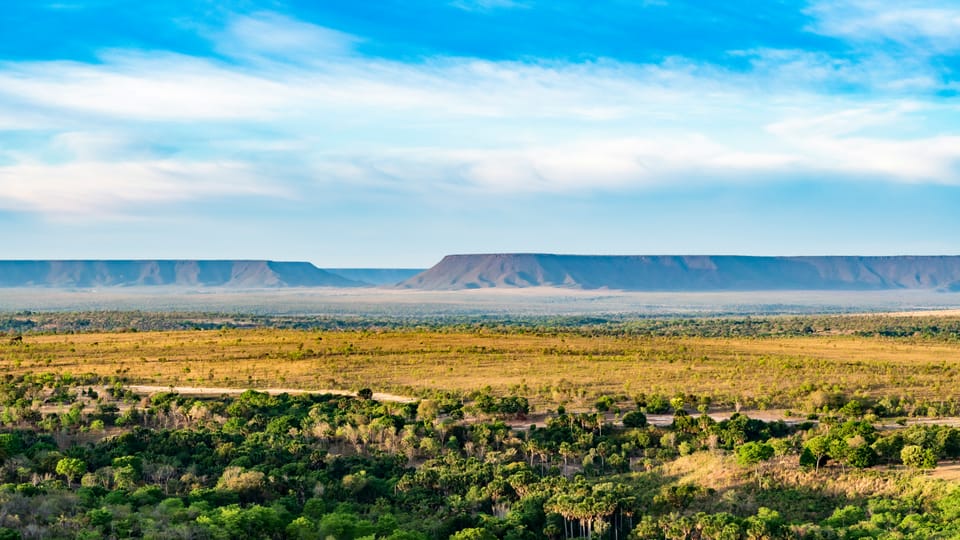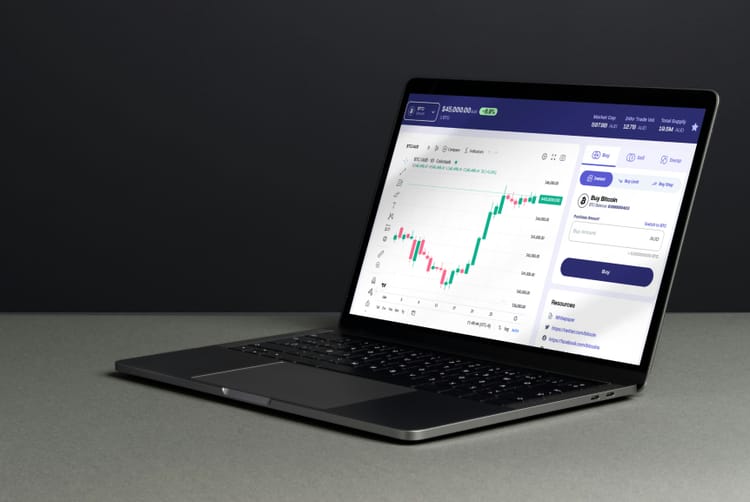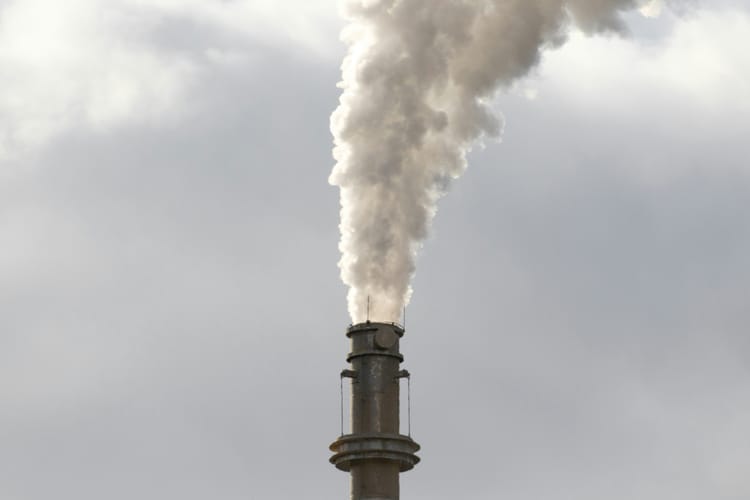Meta to purchase millions of carbon credits from Latin American forests

Meta has signed a deal to purchase up to 3.9 million nature-based carbon credits from BTG Pactual Timberland Investment Group’s reforestation project in Latin America.
By 2038, BTG Pactual TIG will deliver at least 1.3 million carbon removal credits to Meta, with the option to provide an additional 2.6 million credits.
This is one of the largest carbon offsetting deals signed to date, and reflects Big Tech’s fast-increasing investment in carbon removals of all types to offset the emissions impact of their growing AI portfolios.
Microsoft alone reported a 30% jump in emissions due to data centre growth to support AI development in 2023, and Meta's carbon footprint has grown by 38% since 2021 – a recent The Guardian investigation estimates that data centre emissions could be as much as 662% higher than reported.
Meta’s carbon removals generated in Brazil’s Cerrado
Meta’s new carbon removal credits will be partly generated in Brazil’s Cerrado forest, one of the most biodiverse ecosystems in the world, but one that’s facing a high threat of deforestation, with approximately 50% already converted to other uses.
BTG Pactual TIG runs a US$1 billion reforestation programme in Latin America, with NGO Conservation International as impact adviser – and now, Meta’s AI-powered forest monitoring technology to map tree canopy height and detect tree growth.
“BTG Pactual TIG and Conservation International, in their visionary collaboration, are setting a new bar for how sustainable forestry operations can deliver restoration of degraded land, while providing important economic opportunities for local communities,” said Blair Swedeen, Global Head of Net Zero and Sustainability at Meta.
To date, BTG Pactual TIG has invested in 37,000 hectares, planted more than 7 million seedlings, and initiated restoration of approximately 2,600 hectares of natural forest, through this programme.
Meta climate targets: relying heavily on carbon removals
Meta has a public goal to achieve net zero emissions across its value chain by 2030, but its definition of net zero is not aligned with that of the Science Based Targets Initiative (SBTi), which states that companies must reduce emissions by at least 90% and potentially offset the remaining 10%.
Instead, Meta plans to reduce absolute scope 1 and 2 GHG emissions 42% by 2031 from a 2021 base year, have 76% of its suppliers by emissions covering purchased goods and services and capital goods set science-based targets by 2026, and “not exceed” its 2021 Scope 3 emissions (5.7 million tonnes of CO2 equivalent) by the end of 2031.
In 2023, Meta’s Scope 3 emissions amounted to nearly 7.5 million tonnes of CO2 equivalent – 99% of its overall carbon footprint.
The millions of tonnes of emission Meta will likely still emit by the end of the decade will be offset through the company’s carbon removal strategy – including deals like the one signed this week with BTG Pactual TIG.







Member discussion